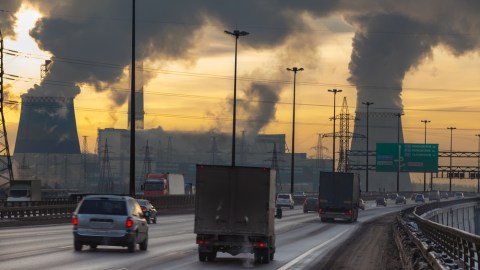Rethinking the Cost of Pollution

Making what the planet needs profitable for individual businesses has worked when we’ve tried it. It’s worked on fish where we’ve given fishermen an incentive to be stewards of the fishery. Suddenly they become advocates for a lower catch limits. If they have a share in that catch in the future they become advocates for strict enforcement even for marine-protected areas around the spawning grounds of fish.
Time and time again we see that if we align what the planet needs, what Public Health needs, what we all need with a profit motive we can motivate people to produce the goods and services that we need to survive and thrive.
Another way to think about it is that these environmental problems are caused by what the economists call external costs. A business throws out pollution but doesn’t have to account for it or pay for it. When we figure out the policy tools to internalize those costs and actually to reward companies for dramatically reducing pollution and producing eco system restoration that’s when we can take capitalism, which has worked so well for so many things, produce a high standard of living, gotten people jobs. We can take capitalism, which has also turned out to have a dark underside of these flaws that doesn’t take in to account the common good and the need for our planet to survive.
We can harness companies and entrepreneurs to be enterprising on behalf of the things we need. Over the years, capitalism has proved to be the most effective way of organizing human endeavors. Having said that, there’s a serious flaw in that it doesn’t account for the need to keep our life support systems in tact. But we can take those flaws and through policy make capitalism work for the things that we need to survive as people on this fragile planet that we share.
In Their Own Words is recorded in Big Think’s studio.
Image courtesy of Shutterstock




